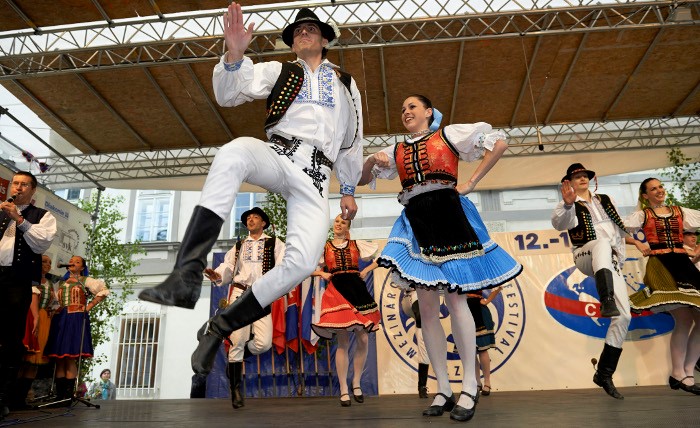European Capitals of Culture (CDE)
The designation of the European Capital of Culture to a town or city within Europe helps to highlight the richness, diversity and shared characteristics of European cultures and allows a better mutual understanding between the citizens of the European Union. This annual event was initially called "European City of Culture", and was launched by the Council of Ministers of June 13, 1985 on the initiative of the Greek Minister of Culture, Melina Mercuri. The main purpose was to showcase to the European public cultural aspects of each respective city, region or country. In 1999 the initiative was renamed the "European Capital of Culture". Each year, one or two cities are named "European Capital of Culture" and organize a program of cultural events highlighting their own culture and cultural heritage as well as their place in the common cultural heritage, involving cultural operators in other European countries , for the purpose of establishing lasting cooperation . Matera is the latest city elected as the European Capital of Culture for 2019, while Mons and Plzen have been awarded the honor for 2015 Since its foundation, the initiative of the European Capital of Culture has seen steadily increasing success, with positive repercussions for the resonance in the media, the development of culture and tourism and the recognition by inhabitants of the importance of their town being chosen. The program was to end in 2004, but because of its success, has been extended for another fifteen years. The European Capital of Culture initiative has showed great potential in fostering cultural diplomacy within Europe. Firstly it contributes to highlighting the richness and diversity of cultures in Europe, increasing European citizens' sense of belonging to a common cultural area. In the second instance, it also celebrates the cultural features Europeans share, and increases the contribution of culture to the development of cities. In addition to this, experience has shown that this unique and successful initiative has proven an excellent opportunity for regenerating cities and raising their international profile, whilst also enhancing the image of cities in the eyes of the Europeans, boosting tourism and, in other words, improving European cultural and economic growth.
